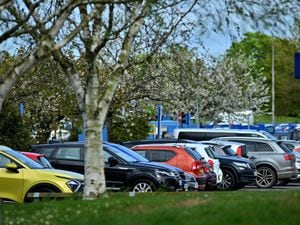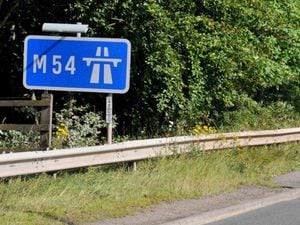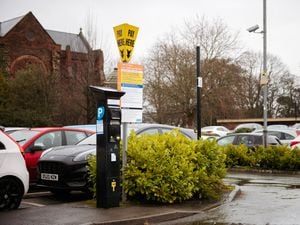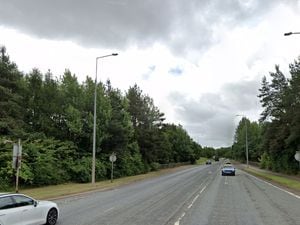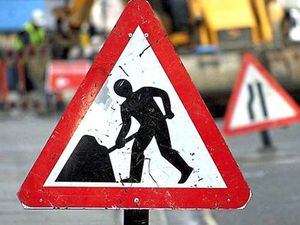Shropshire Council rakes in more than £2.5 million from car parking charges
Shropshire Council made a £2.6 million profit from parking fines and charges in just 12 months – while the car parks in Telford made a loss, new figures have revealed.
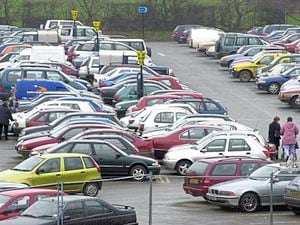
The figures are part of a study by the RAC Foundation which showed English councils made a record £819m from their parking operations in 2016/17.
They represents income from parking charges and penalty notices with running costs deducted. Although most councils made a surplus on their parking activities, 46 reported negative numbers.
Telford & Wrekin Council recorded a £7,000 loss, ranking it 309th of the 353 local authorities in England in the parking revenue league table. Spokesman for the council Russell Griffin, said: “This is because we have a policy of not charging for parking in our district centres to protect their economic vitality.”
Councillor Angela McClements, Telford & Wrekin Council’s cabinet lead on car parking, said: “We have a policy of not charging for our car parks in district centres like Dawley, Oakengates, Newport, Wellington and Hadley to help protect their economic vitality. We will not be introducing charges at any of these borough towns.
“The only car parks that we do charge for are Dark Lane car park in Telford Town Park, Hall Court car park, the Southwater multi storey car park and car parks in Ironbridge. However residents in Ironbridge do not pay for parking.”
Of the 29 car parks owned by the council, the only ones that charge a fee are Dale End, Dark Lane, Hall Court and the Southwater multi-storey car park.
The council said the remaining car parks are free of charge to encourage shoppers to support local businesses.
In Shropshire the local authority recorded a multi-million pound surplus, ranking it 80th on the table, which it said will in turn be spent on improving the roads and funding public transport. Steve Davenport, Shropshire Council’s cabinet member for highways and transport, said: “By law, any surplus money Shropshire Council receives from car parking over and above the cost of providing and administering it must be used for the benefit of road users.
“Any surplus generated is put towards the replacement or upgrading of payment machines and improvements to car parks. Any further surplus money is used to fund public transport services, road improvement projects and environmental improvements.”
The RAC Foundation said motorists should ask how their council spends the cash. Steve Gooding, director of the foundation, said: “The upward path in profits is in part a reflection of the record number of cars and volume of traffic.
“The silver lining for drivers is that these surpluses must almost exclusively be ploughed back into transport and as any motorist will tell you there is no shortage of work to be done. We welcome the fact that councils are increasingly investing in technology to help make parking easier and less stressful.” Westminster, for example, has created an app which directs drivers to free parking bays, helping to end the motoring misery of prowling the streets looking for a space.
“We urge motorists to take the time to read their own local authority’s parking report so they can see both the rationale for charges in their area and how the surplus is being spent.”
In 2016/17 the 353 local authorities in England had a total income from on and off-street parking activities of £1.582 billion – up six per cent year-on-year.
At the same time, the councils spent £763 million on running their parking operations – up two per cent year-on-year. Once again the largest surpluses were seen in London with the 33 London boroughs making £379 million between them which was 46 per cent of the English total.
Westminster had the largest surplus in England at £73.2m, up 31 per cent on the previous year. Kensington and Chelsea came second with £32.2m and then Camden with £26.8m. The biggest profits outside of London were reported by Brighton and Hove with a surplus of £21.2m, and Milton Keynes and Birmingham with a profit of £11.1m each.

